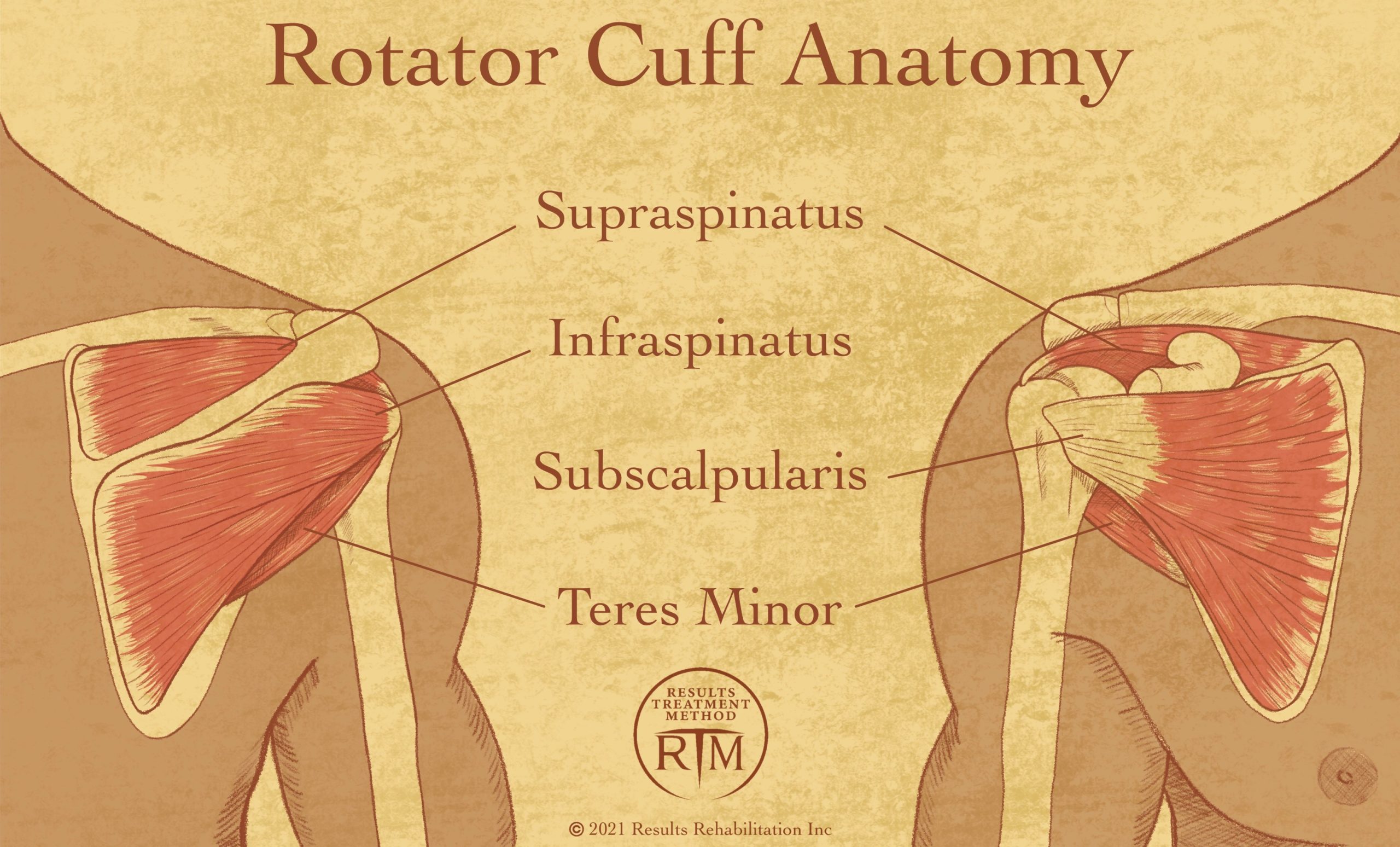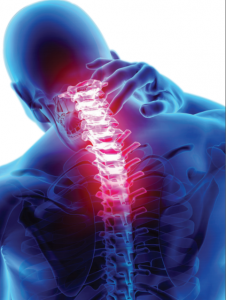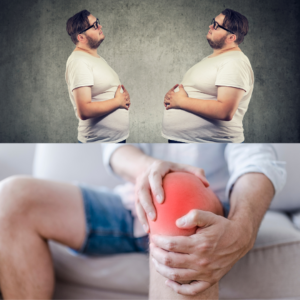The rotator cuff surrounds the glenohumeral joint and provides support and stability of the shoulder complex. It is made up of 4 muscles including the supraspinatus, infraspinatus, subscapularis, and teres minor. The tendons of these 4 muscles create a cuff where there attach to the humeral head. The supraspinatus allows the humerus to abduct (lift arm up to the side), the infraspinatus controls external rotation, the subscapularis controls internal rotation, and the teres minor also controls external rotation. If any of these muscles or tendons becomes weak or inhibited there may be a higher chance of shoulder pain.
An acute form of rotator cuff inflammation is called a tendinitis. A chronic irritation or degeneration of the rotator cuff tissue is called a Tendinopathy. A biomechanical dysfunction of the shoulder complex can also cause wear and tear of the rotator cuff and is classified as Impingement syndrome. If not addressed this syndrome can lead to tendinitis, tendinopathy or a rotator cuff tear.
Some common signs that you may have rotator cuff injury:
- Pain at front or top of shoulder, potentially with referred pain down lateral side of arm
- Limited range of motion when reaching out or overhead
- Muscle weakness when reaching up or out to side
- Difficulty lifting objects such as a coffee cup or grocery bag
- Pain or difficulty reaching behind your back
In order for the shoulder to function properly to perform everyday activities, we need our rotator cuff muscles to be working together. When there is an imbalance at any of these areas of the shoulder joint, it is likely that you can develop non-traumatic shoulder pain. Pain can occur as a result of small repetitive movements. Our posture also effects our shoulder placement and alignment which in turn can affect our range of motion.
Here are some of the many common causes of shoulder imbalance that can cause shoulder pain:
1) excessive computer use or prolonged slouched postures
2) stress and tension at neck and shoulder musculature
3) poor strength of rotator cuff muscles and scapular stabilizing muscles
4) poor sleeping positions
5) improper lifting or reaching mechanics
If you feel like you may be suffering from shoulder pain as a result of any of the above listed causes, feel free to call to set up a free screen to determine any imbalances of the shoulder joint.
Results@resultsrehab.com (619) 437-6450




